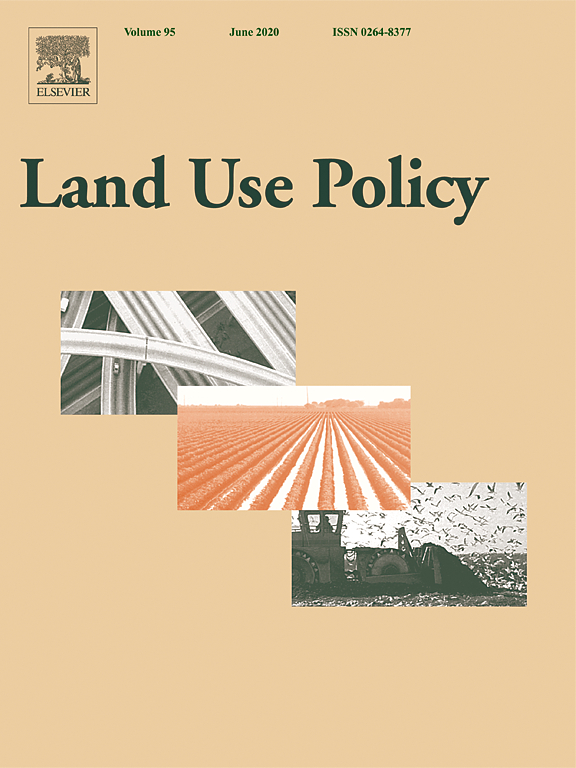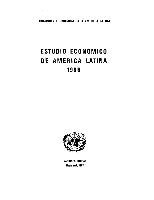An assessment of the implications of alternative scales of communal land tenure formalization in pastoral systems
Pastoralism faces diverse challenges, that include, among others, land tenure insecurity, that has necessitated the need to formalize land rights. Some governments have started regularizing rights for privately owned land, but this is complex to implement in pastoral areas where resources are used and managed collectively. Our aim was to assess how the scale of communal land tenure recognition in pastoralist systems may affect tradeoffs among objectives such as tenure security, flexibility, mobility, and reduction of conflicts.



